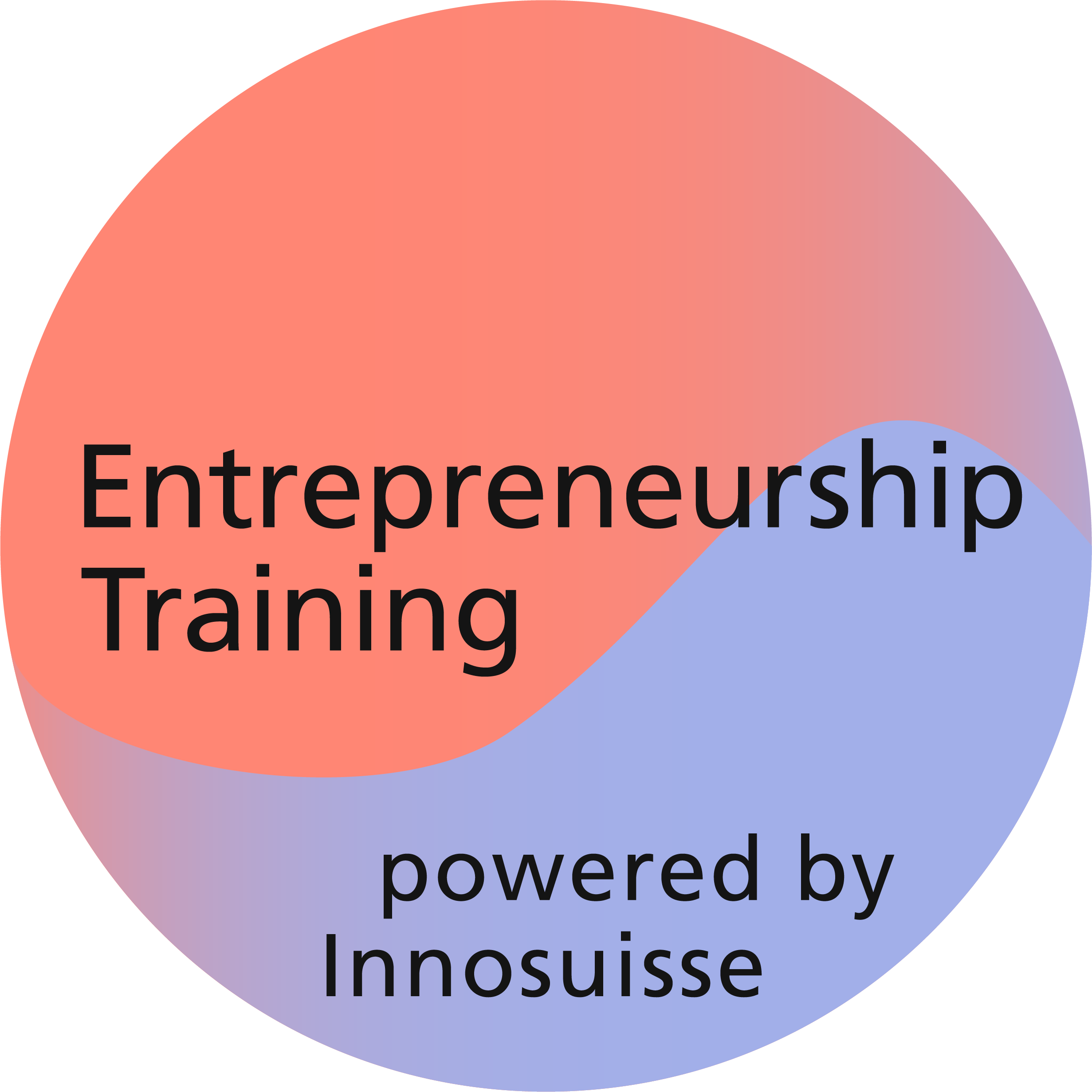An entrepreneur, an investor, and a lawyer participate in an interview series… What sounds like the setup for a joke is serious business: In a new series, we present three different perspectives on convertible loans, term sheets, and shareholders’ agreements so that you can gain new insights to negotiate with more confidence. We continue our overview of convertible loans with legal expertise from Karim Maizar, a partner at Kellerhals Carrard.
In the first part of a new series, we look at convertible loans. After the entrepreneur’s perspective, we talk to someone who knows everything about the legal side of the financing method: Providing us with a different perspective on convertible loans from a startup perspective is Karim Maizar, a partner at Kellerhals Carrard, one of the most active Swiss law firms in the area of startups and venture capital. As the head of the Startup Desk at Kellerhals Carrard, Karim provides the legal framework that helps startups and their investors on the growth path to transforming innovation—including priceless advice on convertible loans.
Karim, what are conditions that entrepreneurs should not agree to in relation to convertible loans (e.g., interest rates, conversion)?
Convertibles have become quite standardized, and, therefore, there are only rare situations where “exotic” terms are on the table for a startup. However, it does make sense to have this checked as early as possible in the process to have peace of mind. Within the more standard terms of a convertible, startups should be on the lookout for a number of points. Here are just a few:
- Interest:
- Interest should not be too high, and while this can change from case to case, anything above 5% should be scrutinized very closely.
- If (only) existing shareholders participate in the convertible loan, be sure to comply with the safe-haven rules of the Swiss Federal Tax Authority.
- Interest should always accrue until maturity or conversion in order to save the much-needed liquidity of the startup.
- Conversion:
- Convertibles typically convert mandatorily if the startup conducts a qualified financing round. Sometimes, the conversion is stated to be voluntary. This creates uncertainty for the startup and future investors and should generally be avoided.
- Conversion upon a financing round is typically done on the basis of a discount of up to 20%, sometimes even 30% or more. Startups should consider introducing a sliding scale for increasing the discount over time because the discount is a risk premium that is economically also linked to the time period during which the loan is not converted.
- Investors like to introduce valuation caps on conversions. However, startups should seek to avoid those altogether if at all possible or, alternatively, consider introducing a valuation floor as a counter-measure.
- 10/20 non-bank rule: Be sure to master tax implications on interest payments as well as regulatory implications if you exceed the number of 10 or 20 non-bank lenders in this round (or together with other convertible loan rounds). Ask your lawyer about it to avoid nasty surprises that can have profound consequences.
- SHA [shareholders’ agreement] requests: Some investors sometimes ask that the conversion is dependent on granting them certain rights (e.g., liq pref, anti-dilution rights, or board seats). Unless you deal with a corporate VC that has strict requirements (e.g., CVCs from the banking industry have compliance-related requests that are sometimes hard to avoid), you should try to avoid this discussion and refer to the terms negotiated with the investors of the financing round triggering the conversion.
- Protective provisions and most-favored-nation: Sometimes, investors ask for a lot of protection during the term of the convertible loan. This needs to be looked at closely to avoid micromanagement. Beyond that, some investors ask to get offered the same terms as offered to later convertible loan investors (if any) in order to avoid being worse off (most-favored-nation clause). This can be legitimate but depends a lot on the scope reflected in the specific wording. Be sure not to grant this too lightly.
- Subordination: Always ensure the loan is subordinated to avoid over-indebtedness issues.
What are the advantages and disadvantages of convertible loans?
- Advantages: Convertible loans are quick, and there is no notary or escrow account needed; no need to draft a shareholders’ agreement, etc. Startups can also postpone the discussion about the valuation to a later point (except in respect of a cap if that cannot be avoided).
- Disadvantages: An equity round creates a valuation benchmark and, therefore, has a signaling effect on the market—a convertible loan does not.
What happens if there is no financing round after a convertible loan?
Usually, the loan becomes due and repayable (but note the suspensive effects a subordination can have). Most of the time, investors also have the right to convert at an attractive conversion price. In some cases, the contract says that investors even must convert (i.e., no repayment).
To learn more about different financing options and get the possibility to pitch in front of investors, sign up for the Innosuisse Start-up Training.
Related stories

How to create better shareholders’ agreements—an entrepreneur’s perspective
An entrepreneur, an investor, and a lawyer participate in an interview series… What sounds like the setup for a joke is serious business: In a new series, we pr...

How to create better shareholders’ agreements—a lawyer’s perspective
An entrepreneur, an investor, and a lawyer participate in an interview series… What sounds like the setup for a joke is serious business: In a new series, we pr...

How to create better shareholders’ agreements—an investor’s perspective
An entrepreneur, an investor, and a lawyer participate in an interview series… What sounds like the setup for a joke is serious business: In a new series, we pr...

How to better prepare term sheets—an investor’s perspective
An entrepreneur, an investor, and a lawyer participate in an interview series… What sounds like the setup for a joke is serious business: In a new series, we pr...

How to better prepare term sheets—an entrepreneur’s perspective
An entrepreneur, an investor, and a lawyer participate in an interview series… What sounds like the setup for a joke is serious business: In a new series, we pr...

How to better prepare term sheets—a lawyer’s perspective
An entrepreneur, an investor, and a lawyer participate in an interview series… What sounds like the setup for a joke is serious business: In a new series, we pr...

How to better negotiate convertible loans—an investor’s perspective
An entrepreneur, an investor, and a lawyer participate in an interview series… What sounds like the setup for a joke is serious business: In a new series, we pr...

How to better negotiate convertible loans—an entrepreneur’s perspective
An entrepreneur, an investor, and a lawyer participate in an interview series… What sounds like the setup for a joke is serious business: In a new series, we pr...

